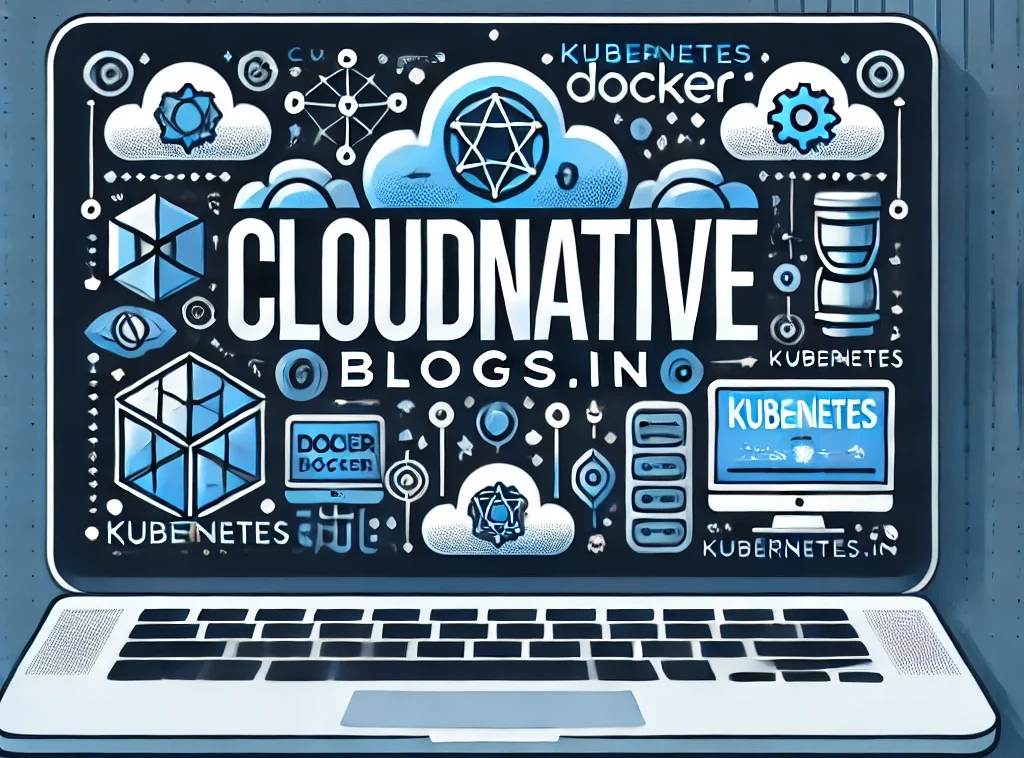
In the ever-evolving landscape of software development, the integration of Development (Dev) and Operations (Ops), collectively known as DevOps, has become an indispensable strategy. This approach not only enhances collaboration among team members but also significantly boosts efficiency throughout the software development life cycle. This article delves into why DevOps is critical for modern software development, exploring its benefits and mechanisms that streamline processes and foster a culture of continuous improvement.
Understanding DevOps
DevOps is not merely a set of practices; it is a culture, a philosophy that bridges the gap between developers, who create the software, and operations teams, who deploy and manage it. The core idea is to promote a collaborative environment where building, testing, and releasing software can happen rapidly, frequently, and more reliably.
Enhanced Collaboration
The traditional model of software development often saw the development and operations teams working in silos, which led to misunderstandings and a slower response to market demands. DevOps dismantles these silos. By encouraging active collaboration and communication between developers and operations teams, DevOps ensures that:
- Shared Responsibility: Everyone becomes responsible for the success of the product, not just their part of the job. This shared responsibility fosters a deeper understanding and appreciation of each other’s challenges and workflows.
- Transparency: Regular meetings and shared tools mean problems are less likely to slip through the cracks, and solutions can be implemented more quickly.
- Cross-Functional Teams: Teams can understand and align on business goals and customer needs more effectively, leading to better product outcomes.
Increased Efficiency Through Automation
Automation stands at the forefront of the DevOps movement, reducing the likelihood of human error while making processes faster and more consistent. DevOps champions automation in several key areas:
- Continuous Integration and Continuous Delivery (CI/CD): Developers integrate their changes into a main branch of a shared repository early and often. Automated tests and builds run against the branch, ensuring that the software is always in a state that can be deployed to production.
- Infrastructure as Code (IaC): This practice involves managing and provisioning technology stack for applications through code, rather than manual processes. This not only speeds up the deployment of infrastructure but also ensures consistency across environments.
Accelerated Feedback Loops
Rapid feedback is vital for making quick informed decisions in software development. DevOps facilitates this through:
- Monitoring and Logging: Tools that provide real-time insights into the application’s performance and health make it possible to respond swiftly to issues, often before they impact the user experience.
- Performance Metrics: DevOps encourages tracking everything from deployment frequencies to change failure rates, providing data-driven insights that drive better business decisions.
Challenges in Implementing DevOps
Despite its advantages, transitioning to a DevOps culture can be challenging. It requires a shift in mindset, new skills, and often, significant changes in processes and tooling. Common challenges include:
- Cultural Resistance: Resistance from teams accustomed to traditional development cycles can hinder DevOps adoption.
- Tool Integration: Integrating various tools required for automation, monitoring, and deployment can be complex.
Conclusion
DevOps is pivotal in modern software development, not just as a means to improve speed and efficiency, but as a catalyst for innovation and competitive advantage. Organizations embracing DevOps are better positioned to respond to market changes, enhance customer satisfaction, and achieve operational excellence.

Tham gia cộng đồng game thủ tại Go88 để trải nghiệm các trò chơi bài, poker phổ biến nhất hiện nay.